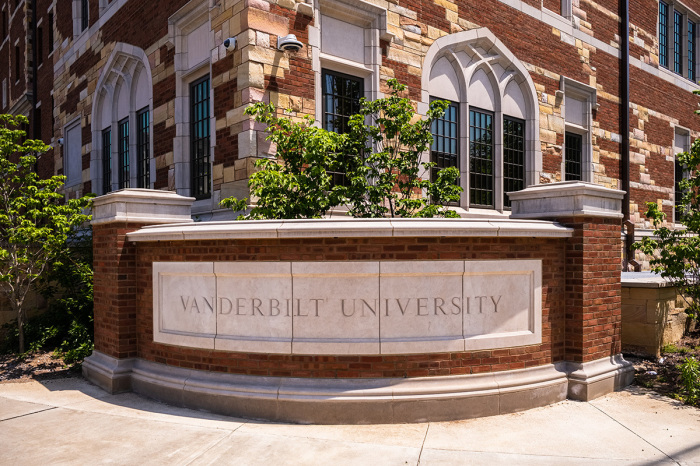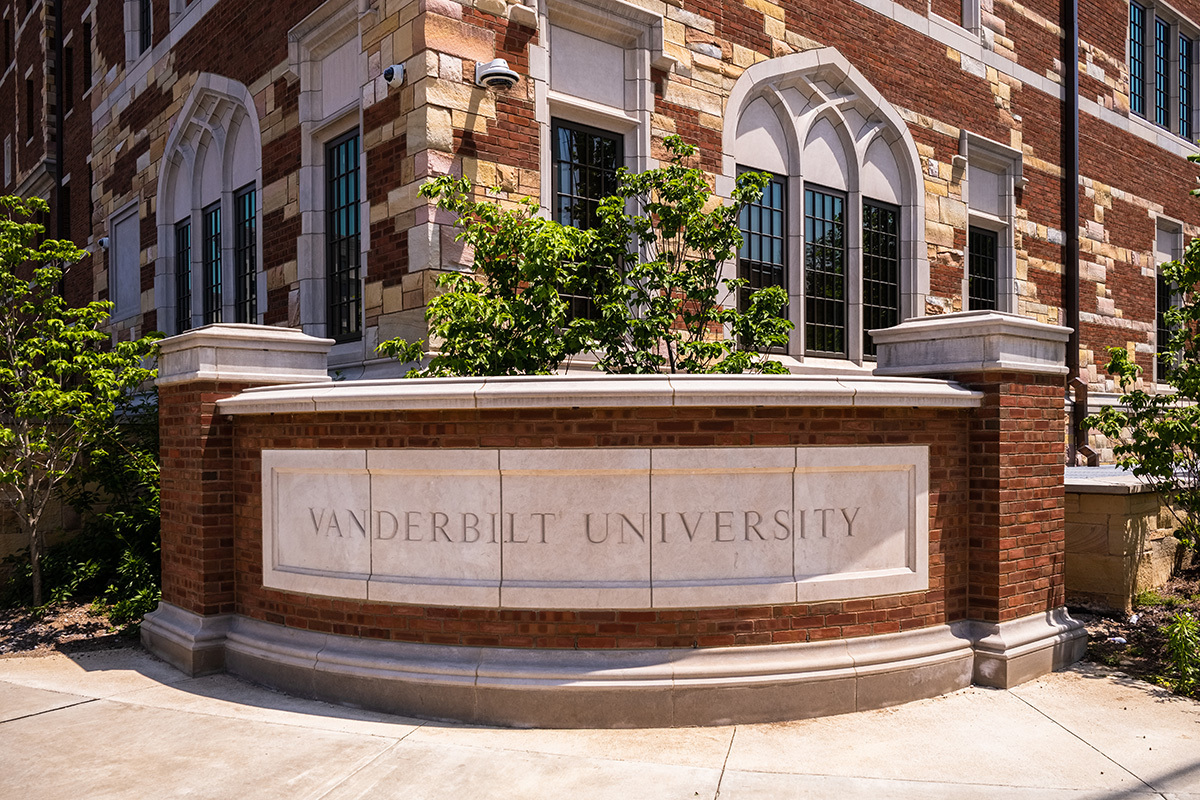
An assistant professor at Vanderbilt University in Nashville, Tennessee, recently maintained that some adherents of the pro-life movement use the Bible in an effort to distract from issues such as climate change while consolidating “white political power.”
Vanderbilt University assistant professor Sophie Bjork-James made her claim during an event titled “(Mis)using the Bible: White Evangelicalism and Christian Nationalism in America,” which was hosted by the University of California Los Angeles last Monday, according to The College Fix.
Bjork-James, who was joined by two other scholars during the symposium, is an assistant professor of anthropology with an emphasis on race and racism, evangelicalism and reproductive politics, according to her bio.
The UCLA event explored “how Evangelicalism and Christian Nationalism use and misuse biblical and historical material to bolster their narratives,” according to the event description, which also claimed “January 6 and the second Trump presidency have highlighted the entanglement of politics and religious belief that is central to Christian Nationalism.”
Bjork-James’ contribution to the event was titled “To Be Pro-life in an Age of Extinction: Abortion, Christian Nationalism, and Ecological Denial,” during which she claimed that while many pro-life people cite Scripture to explain their point of view, “many biblical scholars say abortion is actually not even really referenced in the Bible, and many argue that it is not a central ethical theme.”
She cited Bruce Waltke of Dallas Theological Seminary and Reformed Theological Seminary, who wrote in a 1968 op-ed for Christianity Today that “God does not regard the fetus as a soul, no matter how far gestation has progressed.”
She also referred to Jennifer Holland, a historian who Bjork-Jones said described “the anti-abortion movement as the civil rights movement for white people.”
By equating abortion with historical injustices such as slavery or the Holocaust, pro-lifers leave no room for nuance regarding their stance on “fetuses,” which have “almost like a public good that must be protected,” Bjork-James argued.
She further suggested this approach subtly consolidates “white political power.”
“And we can also see in this movement, really a way to help consolidate white political power without having to say, talk about whiteness,” she said.
The assistant professor further claimed that for some, an emphasis on abortion is an attempt to “pivot away from other issues” such as climate change, claiming there is a “long history of organized opposition to environmentalism within evangelicalism.”
Other parts of the UCLA symposium included insights from Brooklyn Walker, an instructor of political science at Hutchinson Community College in Hutchinson, Kansas, who will join the University of Tennessee-Knoxville as assistant professor of political science in the fall.
Walker accused “Christian nationalists” of using Scripture “in misleading ways … to link America’s founding documents and principles to the Bible.” She suggested so-called Christian nationalists attempt to use the Bible to justify voter suppression, oppose same-sex marriage and endorse political violence such as the Jan. 6 riot at the U.S. Capitol.
“So instead of holding space in the public square for those they disagree with, Christian nationalists show an openness to using force and power to intimidate or silence others,” she said.
Walker blamed the Jan. 6 riot on Christian nationalists, claiming they “were at the center of the January 6 insurrection, the first transition of presidential power to be steeped in violence.”
Ohio State University assistant professor Michael Fisher also spoke, condemning Christian nationalism and associating it with white supremacy in a talk titled “Race, Politics, and Christian Nationalism in the Second Era of Trump.”
He accused President Donald Trump of advancing a Christian nationalist agenda, and also questioned whether black Christian nationalism exists, arguing that the faith of many black Christians fundamentally differs from the Christian nationalism allegedly practiced by some white Americans.
Jon Brown is a reporter for The Christian Post. Send news tips to jon.brown@christianpost.com








